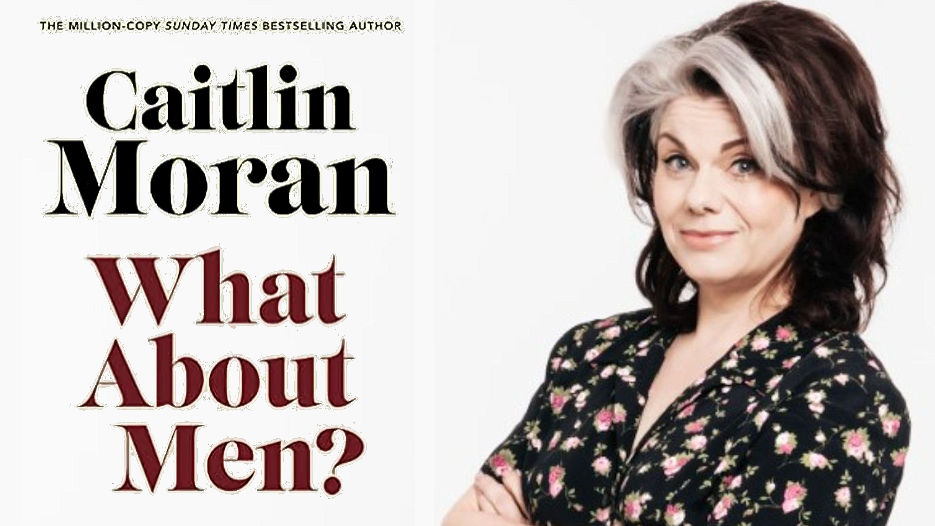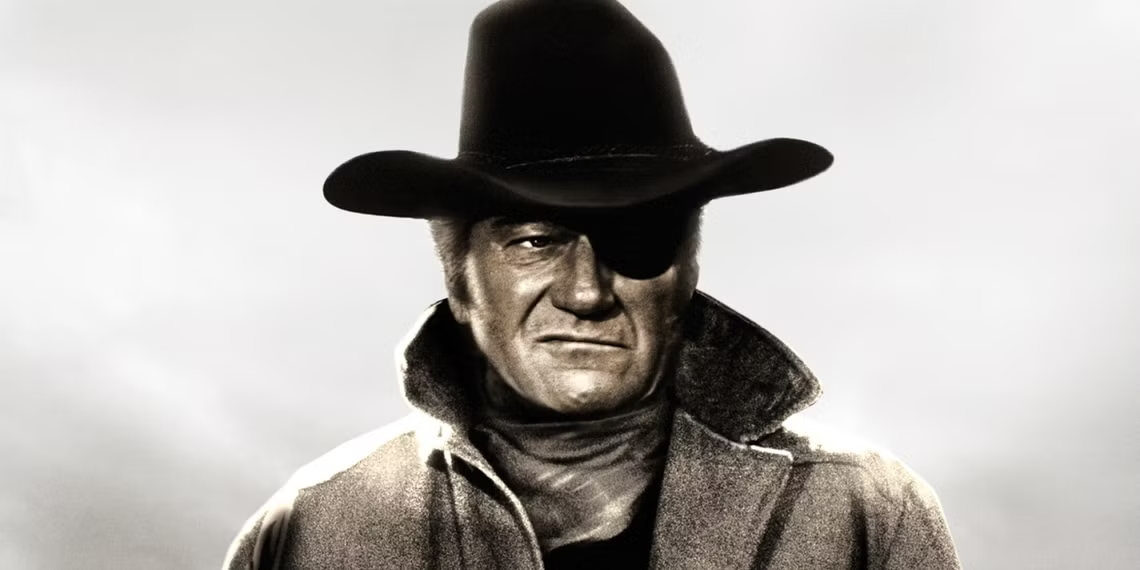A Self-Described Feminist Thinks She Can Fix Masculinity… The Unbelievable Hubris!
In a world where the media incessantly hammers the notion that masculinity is inherently toxic, Caitlin Moran emerges –the self-proclaimed savior of manliness, ready to rescue mankind! Who could be more fitting to confront the complex challenges that men face than a modern feminist woman? For centuries, men have had ample time to address their own issues, yet it appears that some believe they were simply not up to the task. Perhaps men were too preoccupied with hunting, gathering, and constructing the very foundations of our modern civilization.
While it might appear as unorthodox for a feminist woman, Caitlin, who openly admits lacking a university education, confidently asserts her ability to confront the complex issues afflicting men and to provide them with the answers they have so long sought.
Who is Caitlin Moran and What Makes Her an Expert?
If you haven’t heard of Caitlin Moran, she is is an English journalist, broadcaster, and author at The Times, where she writes two columns a week: a column for the Saturday Magazine and the satirical Friday column “Celebrity Watch.” She is known for her sardonic and unapologetic style and has become a prominent voice in the ongoing conversation about gender and equality in the UK. Her work often tackles issues from a modern feminist perspective, but in her most recent book “What About Men?”, she has taken on the ambitious mission of “fixing” masculinity –a daunting task especially from the perspective of a modern feminist woman.
The Notion of “Fixing” Masculinity
The notion that masculinity needs fixing is a seriously flawed and misguided perspective that fails to account for the complexity and diversity of human experiences. Men have been subjected to a devaluation of their inherent qualities and the very essence of what it means to be masculine. Society bombards us with messages that toxic masculinity is pervasive, while neglecting and dismissing the positive aspects it embodies such as strength, assertiveness, resiliency, and leadership.
It is crucial to differentiate between toxic traits perpetuated by the media and innate masculinity. Rather than attempting to fix it as a whole, we should focus on challenging harmful behaviors and addressing the root causes of these destructive elements. Emphasizing personal responsibility and education will allow men to navigate their identities in a more positive manner without compromising their intrinsic characteristics.
By focusing on fostering healthy expressions of masculinity through education and awareness instead of labeling it as broken or flawed, we can work towards creating an environment where individuals feel empowered to embrace their authentic selves without conforming or resorting to harmful behaviors. Masculinity does not need fixing; it needs understanding, support, and nurturing for men to thrive while embracing a positive version of themselves.
The Need for Multiple Perspectives
While Caitlin Moran’s perspective is undoubtedly thought-provoking, it’s crucial to remember that one person’s viewpoint can never capture the entirety of a complex issue like masculinity. We must be cautious about relying solely on any one individual to provide solutions or explanations for such a multifaceted topic.
Including differing perspectives in the conversation about masculinity is important and crucial. Different cultural backgrounds, religious beliefs, and life experiences contribute to a more nuanced and comprehensive understanding of masculinity. By expanding the range of perspectives, we can challenge stereotypes, dismantle harmful norms, and create a more inclusive and empowering environment for all.
The Need for Multiple Expressions
Masculinity, like femininity, is not a monolithic concept. There are countless ways in which individuals experience and express their masculinity. By only focusing on one perspective, we risk oversimplifying and marginalizing the diverse experiences and identities within it. It’s important to acknowledge and understand the different paths that shape the male experience.
Just as men have unique experiences of masculinity, women also hold diverse viewpoints on the topic. It is critical to recognize the multitude of female voices and avoid reducing them to a singular perspective. By doing so, we can foster a more varied and respectful dialogue that embraces the richness of women’s experiences and thoughts on the matter.
Thanks Anyway
So thanks anyway Caitlin, but we don’t need you to fix masculinity. While your intentions may be noble, it is presumptuous and condescending to assume that men need fixing. Masculinity is a complex and diverse spectrum encompassing a wide range of traits and characteristics unique to each individual. Your attempt to impose your own brand of modern feminism onto the concept of masculinity undermines the autonomy and agency of men as they navigate their own identities in an ever-evolving world. Rather than dictating how men should behave or conform to a predetermined mold, it would be more productive to engage in open conversations that promote understanding, empathy, and respect for different expressions of masculinity. True progress comes from dismantling stereotypes and providing space for individuals to define themselves authentically, without external interference or pressure. So thank you for your concern, and well intendtioned advice but we got it this.




